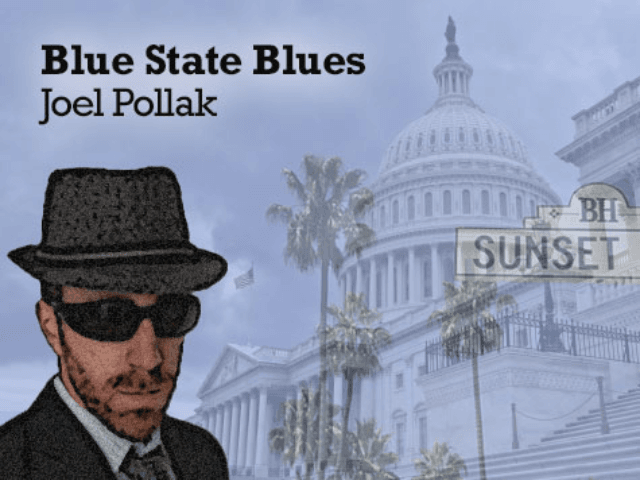Whether you agree or disagree with the policy itself, the repeal of “Don’t Ask, Don’t Tell” (DADT)–which kept open gays and lesbians from serving in the U.S. military–was done the right way, unlike so much else President Barack Obama is doing.
Then-Senator Obama campaigned in 2008 on a pledge to gay rights groups to repeal the policy. After winning, however, he moved cautiously, though it was arguably within his powers as Commander-in-Chief to tinker with the policy by executive order.
He built as broad a consensus as possible around the issue. He consulted with military leaders at the Pentagon. He encouraged a public debate about DADT, and waited for Congress to enact a new law.
The process was not perfect–what legislative process ever is?–and there were lingering concerns about the effects of the change on combat units, on recruitment and on retention.
Yet it was a change that was done cautiously, and done properly, showing respect to the separation of powers in the U.S. Constitution.
The result is a policy that has largely been successful thus far, and has not triggered public opposition or disruption within the military.
President Obama himself explained in January 2013 why changing the policy by executive order would have been a bad choice:
There were advocates in the LGBT community who were furious at me, saying, “Why don’t you just sign with a pen ordering the Pentagon to do this?” And my argument was that we could build a coalition to get this done, that having the Pentagon on our side and having them work through that process so that they felt confident they could continue to carry out their missions effectively would make it last and make it work for the brave men and women, gays and lesbians, who were serving not just now but in the future.
And the proof of the pudding here is that not only did we get the law passed, but it’s caused almost no controversy. It’s been almost thoroughly embraced, whereas had I just moved ahead with an executive order, there would have been a huge blowback that might have set back the cause for a long time.
Obama went on to argue that there were other issues “where a judicious use of executive power can move the argument forward or solve problems.”
His example? Gun control. The result? Backlash.
Obama has not learned the lesson of that failure, and has tried to push through as many policies as possible though executive orders (or “memoranda“): unilateral changes to Obamacare, amnesty for illegal aliens, changes in policy toward Cuba, and more.
In each case, Obama has chosen policies that large majorities of the public say that they favor–health coverage for uninsured Americans, a “path to citizenship” for illegal aliens already here, expanding links with Cuba–and acted without Congress, in the belief that voters will forgive procedural sins . Yet in each case he has “set back the cause,” not only by costing his party historic defeats in Congress, but by enacting doomed-to-fail policies that would likely have been improved in bipartisan deliberation.
It is possible that Obama is emulating one of his early role models, Harold Washington, who dealt with opposition from white Democrats in the Chicago city council by using his executive powers to reform the city. When his allies secured a majority, he was finally able to govern–and promptly died early in his second term. Obama wrote that Washington’s mistake was to enact only incremental reforms, rather than more radical changes–and he has since applied those conclusions in the White House.
Yet given the failure of many of Obama’s most ambitious policies–and given that conservative opposition is not (as Democrats pretend) based on racism, but on principle–Obama’s approach has done little but divide the country. He is now a far distance from the unifying persona of 2004.
And one senses that he does not care–that the point of governing by executive order is to irritate Republicans, or to flatter his ego.
But as DADT repeal showed, Obama is capable of better. Americans certainly deserve it.
Senior Editor-at-Large Joel B. Pollak edits Breitbart California and is the author of the new ebook, Wacko Birds: The Fall (and Rise) of the Tea Party, available for Amazon Kindle.
Follow Joel on Twitter: @joelpollak

COMMENTS
Please let us know if you're having issues with commenting.